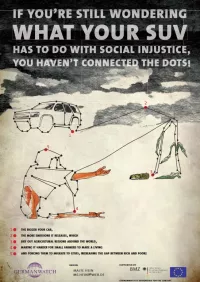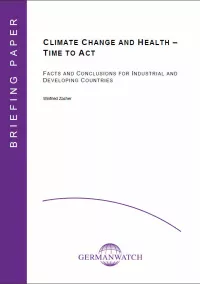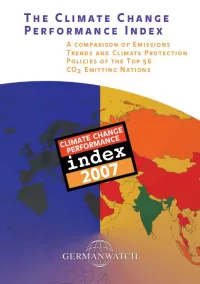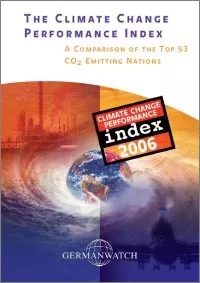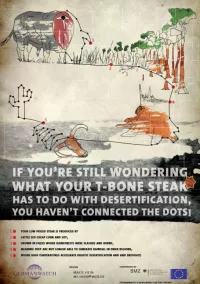
1. YOUR LOW PRICED STEAK IS PRODUCED BY
2. CATTLE FED CHEAP CORN AND SOY,
3. GROWN IN FIELDS WHERE RAINFORESTS WERE SLASHED AND BURNT,
4. MEANING THEY ARE NOT LONGER ABLE TO GENERATE RAINFALL IN DRIER REGIONS,
5. WHERE HIGH TEMPERATURES ACCELERATE DRASTIC DESERTIFICATION AND DROUGHT!

